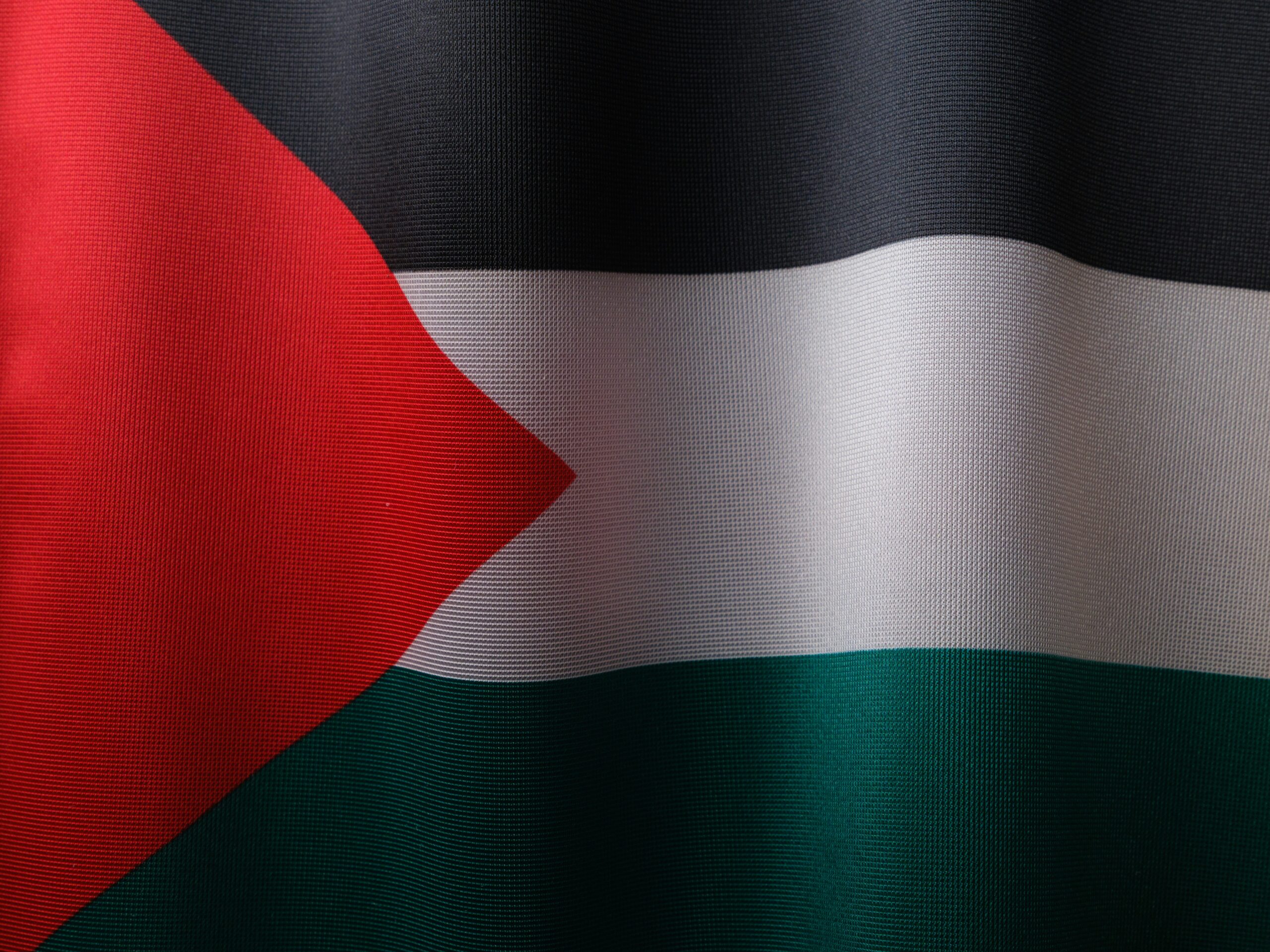On Sept. 21, in coordination with the British, Portuguese and Australian governments, the Canadian government formally recognized the State of Palestine internationally, joining a total of 150 out of 193 nations to do so. This official recognition comes in contrast to the current U.S. policy which has called Palestinian recognition performative.
So, what exactly does Canadian recognition of Palestine mean?
Canada’s recognition of Palestine comes amongst growing global recognition of the on-going genocide conducted by Israeli state forces as per an independent 70-page report from the United Nations which has identified four out of five acts of genocide “defined by the 1948 Convention on the Prevention and Punishment of the Crime of Genocide” that are occurring in Palestine.
This includes; killing members of the group; causing serious bodily or mental harm to members of the group; deliberately inflicting on the group conditions of life calculated to bring about its physical destruction in whole or in part; imposing measures intended to prevent births within the group
In particular, the United Nations found Israeli state forces guilty of “killing members of the group; causing serious bodily or mental harm to members of the group; deliberately inflicting on the group conditions of life calculated to bring about its physical destruction in whole or in part; [and] imposing measures intended to prevent births within the group.”
The report issued on Sept. 16 has been described as containing overwhelming evidence of genocide against Palestinians and has been a leading factor in Canada’s decision to recognize a Palestinian state.
Social media — particularly TikTok — has played a role in spreading awareness through direct clips of what is occurring in Gaza. However, the Trump administration has been floating the idea of purchasing TikTok which many describe as a concentrated effort to censor the on-going humanitarian crisis in Palestine.
Canada’s recognition of Palestine comes as a surprise. To help explain the significance and effect of Canada’s recognition of Palestine, The Brock Press interviewed Brock University professor Dr. Blayne Haggart, who specializes in international relations.
According to Dr. Haggart, Canada has always had a way of “charting our own but not completely independent course” in terms of foreign policy with other Western nations, specifically the United States.
“Canada has tended through the 80s […] to punch above its weight. Since then, there’s been kind of a lot of retrenchment,” says Dr. Haggart.
Dr. Haggart cites historical examples of Canadian “support for the International Criminal Court, support for the landmines treaty, support for Cuba and going to China before the United States of America […] all of these things were controversial, and the Americans were not happy with them.”
As Dr. Haggart puts it, Canada’s recognition of Palestine isn’t a break from the United States in terms of how Canada has historically conducted its foreign policy. He states that the move “is a surprise but that if the current Liberal government had not recognized Palestine, I also would not have been surprised […] it’s one of those things that was kind of on a knife edge.”
According to Dr. Haggart, recognition was about domestic politics in Canada as well.
As for what recognition means internationally, Dr. Haggart describes it as “an important but a very limited step” that is akin to a moral victory for Palestine. The move to recognize Palestine is “not nothing, and it’s important, but it’s not the end of the story, and certainly absent of actual action, Palestine, […] it’s still in a very tight situation.”
Recognition for Dr. Haggart means “if it’s not backed by actions such as sanctions against Israel for basically violating the territorial integrity of the state, risks just being so many words.”
According to Dr. Haggart, this is a “moral argument for recognizing Palestine given the war and the genocide. But for Canada, also this is about signal. It’s likely, I could say, about signaling that we are aligned with […] European countries.”
When looking at the bigger picture of Canada’s global position, Dr. Haggart says that the “overall the strength of the shift would at the end of the day depend on what happens with our trade negotiations with the United States […] but certainly, the intention, I think is to basically try to […] deeply embed ourselves outside of North America.”
When asked about what this shift in Western posturing means for the West, Dr. Haggart explained that “I don’t think the West exists […] the West was centered on the United States, and it was a particular idea of a kind of liberalism and market economies and that is no longer being promoted by the United States.”
“The United States has become an authoritarian country right now, and hopefully they’ll be able to reverse that right. But for the moment they are an authoritarian country; they’re acting like an authoritarian country and that has severe implications for the international rules-based order.”
“Whether or not the United States remains at the centre of that system, as it has been, or whether or not other countries are able to create something or work around that has yet to be seen,” said Dr. Haggart.
In explaining whether this break threatens U.S. hegemony, Dr. Haggart clarified that, hegemony is not getting what you want all the time but getting what you want most of the time.
Palestinian recognition is in line with Canadian foreign policy precedents and is a first step towards a moral victory. However, it risks being just “so many words” if not followed by the international community, in whatever capacity they can without backing from the United States.

